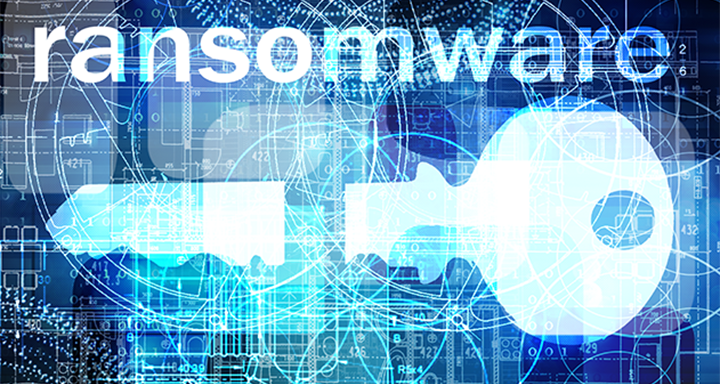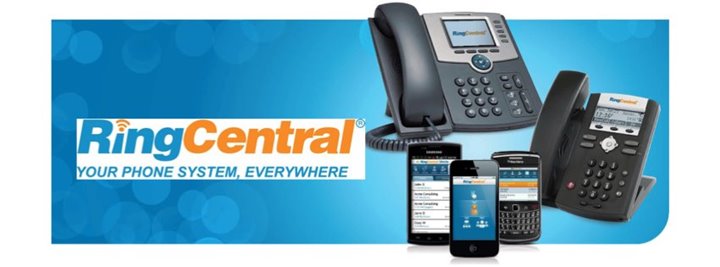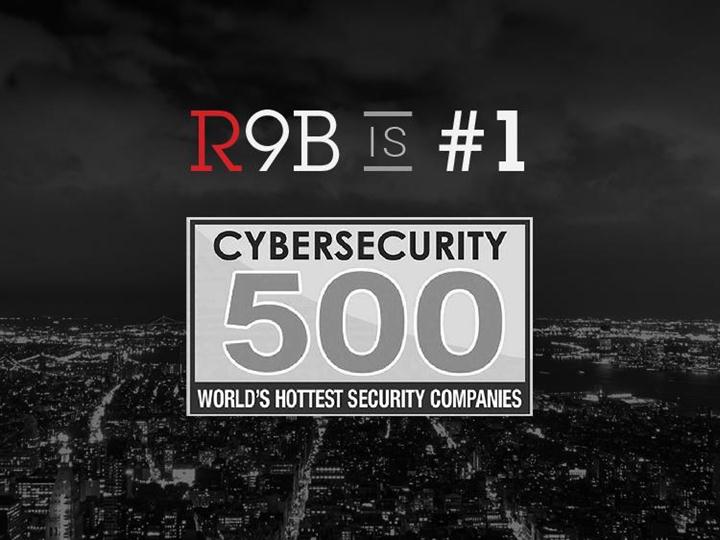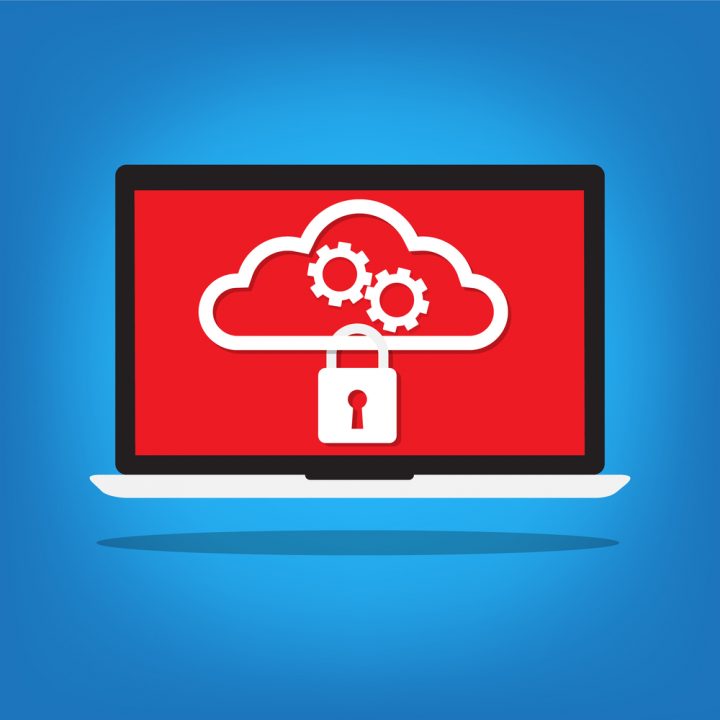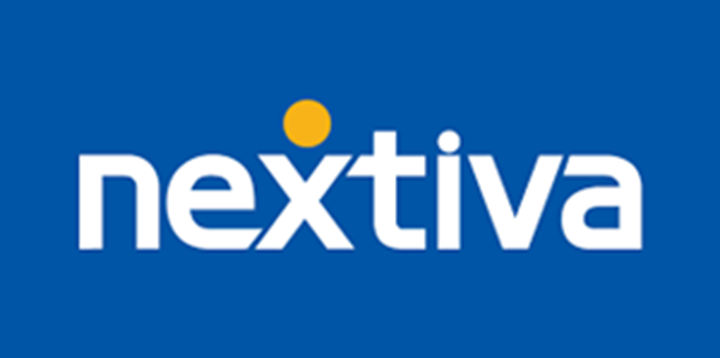Ransomware is the new scare on the block, harassing internet users by encrypting their files and demanding money to unlock them. Ransomware has become so prevalent that not only novice users but around 64 percent IT companies had faced Ransomware threat at some point in time during their operation.
Forget about kidnapping threats in third world countries and the related safety concerns in going into the unexplored lands, because even your own personal computer or laptop infected with any known or unknown Ransomware can now take your entire system hostage and demand ransom for all the important files and data stored on it. In this data crazy world paranoid about the safety and confidentiality of information, Ransomware has come as a nightmare for everyone ranging from common users to IT firms, banks and security providers alike.
Ransomware is a type of malware (malicious software) that can enter your system or network through many deceptive ways like fake downloads, spam emails, adware, etc. Regardless of their method of download, they all cause the same amount of damage and lock your system and files and ask for ransom to open them. And, even then, there is no guarantee that after paying the money into unknown accounts that your system may become operational again and you gain access to the locked files.
There are two basic types of Ransomware, the Locker Ransomware, and the Crypto Ransomware. Both have multiple variables floating over the net, and both are very dangerous for your files. According to Norton’s latest survey, out of the total number of Ransomware victims all over the world, the UK takes the third highest amount with almost 11% Ransomware attacks specifically targeted towards the people of UK alone. If you are not in the habit of regularly backing up of your data, then you are very susceptible to falling prey to Ransomware and could either end up paying a high amount in pursuit of any compromised data or end up losing it forever.

Despite this, there are network security measures that can safeguard against Ransomware and other kinds of malware. Having a high-end and effective antivirus security software is the most viable solution to protect your system and data from Ransomware. Programs like Symantec’s Norton Security work excellently in defending your system from all kinds of infections and ransomware attacks, along with providing safety from viruses, worms, bugs, adware, malware, spyware, rootkits, keyloggers, botnets and other problems. You must always ensure that your antivirus security always remains updated and functional and if you notice any problem in its functionality then immediately seek help from the company’s support number for proper guidance and support.
However, if your system is already under a ransomware attack, then things get a bit tricky, as it’s a little late to implement a new network security measure. Ransomware is designed to prevent complete or partial access to the system in order to extract money fast. In such a case you can seek the help of technical or IT security experts such as the Norton Help Number UK who will not only assist you with resolving the issue completely but also try to save you from getting into situations in which you have to pay an online ransom.
The expanse of the internet is increasing with every passing second and so too is the access of cyber criminals and hackers who are ready to employ any tactic to extract as much money from innocent users as they can. Only being aware, alert and prepared can prevent such scenarios from arising. IT security solutions such as using an efficient antivirus product like Norton Security or an anti-malware program like Avast and keeping them fully functional and working can prevent people from becoming victims in such uneasy situations.
Sourced from: zdnet
Featured Image: channelpronetwork



